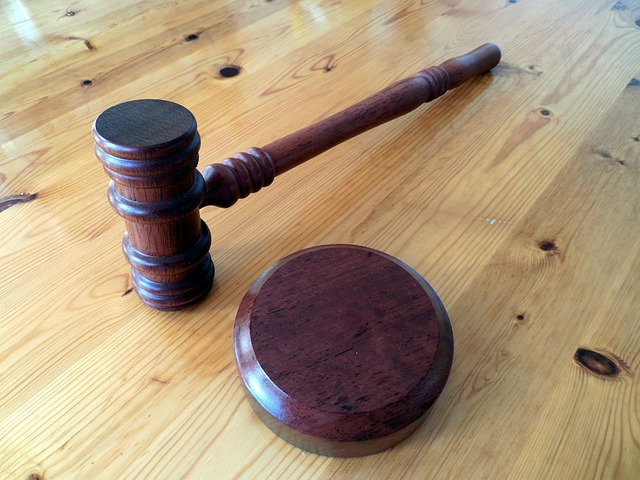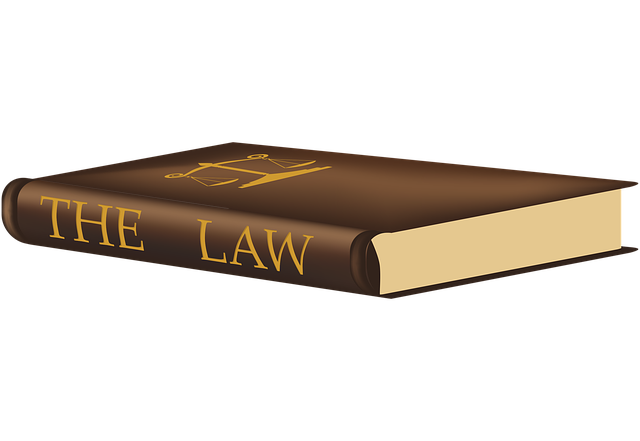Healthcare defamation cases involve proving damages caused by false statements, with significant legal and reputational consequences. To win these complex cases, experts from medicine, economics, and reputation management analyze the harm done, using evidence and testimony to connect defamation to tangible losses. Jury trials are common, focusing on financial and emotional impacts on patients, practitioners, and institutions. Preventing such issues involves transparency, ethical practices, accurate documentation, and robust record-keeping by medical professionals to effectively prove damages and protect reputations.
In the high-stakes world of healthcare, reputation management is paramount. This article delves into critical legal aspects surrounding healthcare defamation, examining its far-reaching impacts and how individuals and institutions can protect their good names. We explore key elements in proving damages for medical defamation, the pivotal role of expert testimony in determining monetary compensation, and real-world case studies of notable settlements and verdicts. Additionally, we provide preventative measures to safeguard reputations within the medical community, with a special focus on understanding and mitigating risks associated with Proving Damages in Defamation Cases.
- Understanding Healthcare Defamation and its Legal Ramifications
- Proving Damages: Essential Elements in Medical Defamation Cases
- The Role of Expert Testimony in Determining Monetary Compensation
- Case Studies: Notable Healthcare Defamation Settlements and Verdicts
- Preventive Measures: Safeguarding Reputation in the Medical Field
Understanding Healthcare Defamation and its Legal Ramifications

In healthcare, defamation can have severe consequences, going beyond mere reputational damage. When false statements about a medical professional or facility are made and disseminated, it can lead to legal action with significant ramifications. Understanding defamation in this context is crucial for navigating high-stakes cases, especially considering the potential impact on patient care and organizational integrity. Proving damages in defamation cases is a complex process that requires demonstrating the harm caused by the false statements.
The legal system recognizes defamation as a civil wrong, and winning such cases often hinges on proving several key elements: the making of a false statement, its publication to a third party, and resulting damage or harm. In healthcare settings, where patient safety is paramount, even well-intentioned but inaccurate remarks can lead to serious outcomes. As a result, medical professionals and institutions must be vigilant in protecting their reputations and seeking complete dismissal of all charges when faced with baseless accusations, which are often characteristic of white-collar and economic crimes.
Proving Damages: Essential Elements in Medical Defamation Cases

In medical defamation cases, proving damages is a complex yet critical process. To establish financial losses, plaintiffs must demonstrate that they have suffered tangible harm as a result of the defamatory statements made about their professional integrity or patient care. This involves presenting concrete evidence such as lost revenue from the dismissal of patients, reduced referrals, or even the complete dismissal of all charges if the defamation leads to legal repercussions like licensing issues.
The court will consider factors like the impact on the doctor’s reputation—which can affect future employment opportunities and professional relationships—and any financial losses incurred due to damage to their practice. Jury trials in such cases are common, as they provide an opportunity for both parties to present their arguments and evidence comprehensively. However, it’s essential to differentiate these cases from white-collar and economic crimes, where the focus is often on monetary compensation rather than reputational harm.
The Role of Expert Testimony in Determining Monetary Compensation

In healthcare legal issues, especially defamation cases, proving damages is a complex task that heavily relies on expert testimony to determine monetary compensation. This becomes particularly crucial when assessing the impact on both corporate and individual clients. Experts in fields like medicine, economics, and reputation management are often called upon to present detailed analyses of the harm caused by false or malicious statements. Their testimonies help juries understand the unique aspects of healthcare, such as the psychological effects on patients and practitioners, and the financial implications for institutions and individuals.
The role of these experts goes beyond simply presenting numbers; they must weave a narrative that connects the defamation to tangible losses. This narrative should demonstrate how the false information has impacted the reputation, business prospects, and emotional well-being of the victims. In many cases, an unprecedented track record of successful litigation can significantly influence jury trials, shaping public perception and setting precedents for future healthcare legal issues.
Case Studies: Notable Healthcare Defamation Settlements and Verdicts

In healthcare, defamation cases often arise from inaccurate or malicious statements made about patients, healthcare providers, or facilities. When seeking justice in these complex matters, proving damages is a critical aspect. Case studies of notable settlements and verdicts highlight the significant financial compensation awarded to victims. For instance, individuals who have suffered reputational harm due to false publications can receive substantial damages, reflecting the severity of the defamation’s impact on their professional and personal lives.
The process of establishing damages in these cases is meticulous, involving extensive evidence collection and expert testimony. Lawyers specializing in healthcare litigation play a pivotal role in guiding clients through all stages of the investigative and enforcement process. Notable victories for both plaintiffs and winning challenging defense verdicts demonstrate that justice can be served, ensuring that those defamed have a chance to clear their names and receive fair compensation.
Preventive Measures: Safeguarding Reputation in the Medical Field

In the medical field, preventing legal issues is as crucial as providing exceptional patient care. One of the most effective strategies to safeguard reputations is prioritizing transparency and ethical practices. Healthcare providers must ensure accurate documentation and communication to avoid misunderstandings that could lead to defamation claims. By maintaining meticulous records, staying updated on regulations, and fostering an open dialogue with patients, medical professionals can significantly reduce potential risks.
When faced with allegations or a defamation case, having robust preventive measures in place can make all the difference. While proving damages in such cases is essential, a comprehensive strategy that includes general criminal defense tactics and a well-documented defense mechanism can lead to a complete dismissal of all charges. This involves meticulous note-taking, patient consent forms, and transparent communication throughout all stages of the investigative and enforcement process.
Healthcare professionals must remain vigilant against defamation, as its legal ramifications can be significant. Understanding the process of proving damages is crucial, requiring careful consideration of essential elements and often relying on expert testimony for accurate monetary compensation. Case studies highlight substantial settlements and verdicts, emphasizing the importance of preventive measures to safeguard reputations within the medical field. By learning from these experiences, healthcare providers can better protect themselves against defamation, ensuring their professional integrity remains intact.






